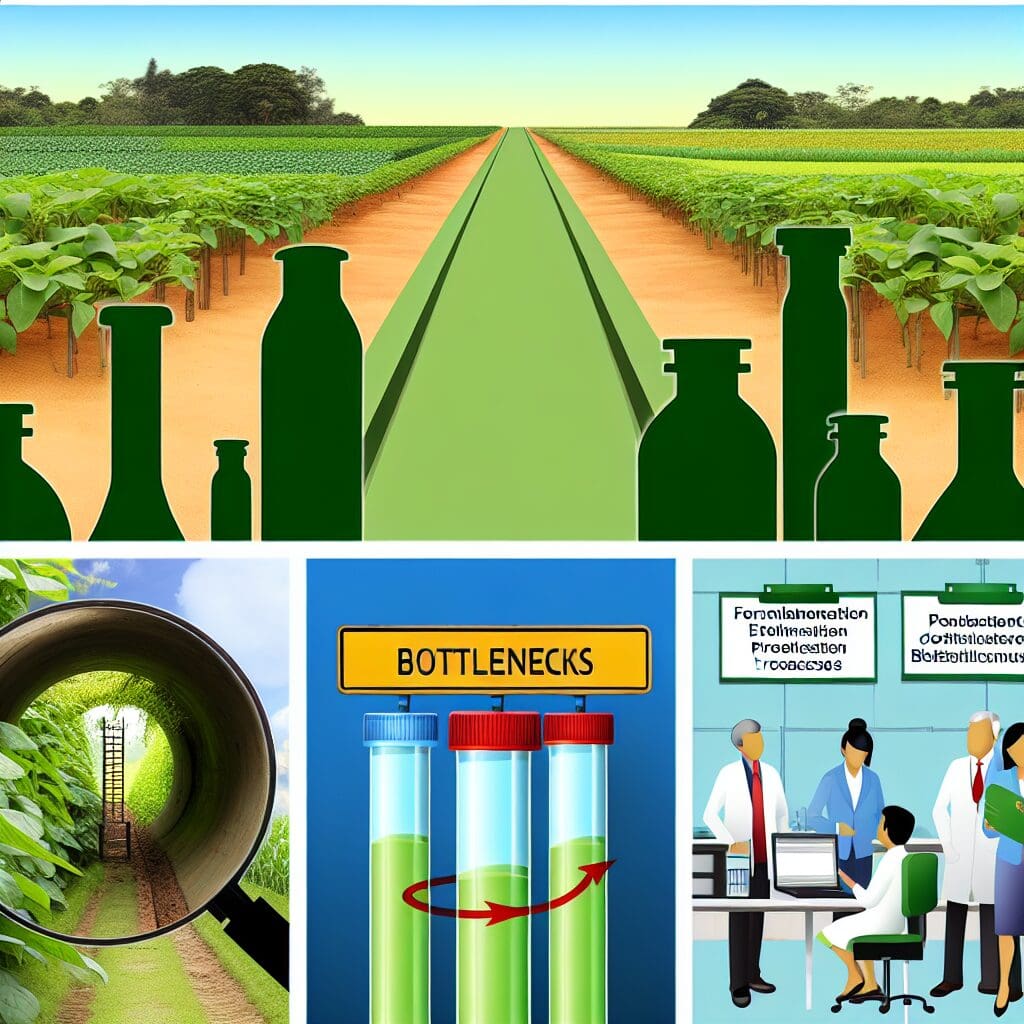The agricultural sector continues to face significant challenges, particularly in the realm of sustainability. The EXCALIBUR project offers a fascinating approach by focusing on the production of biofertilisers and biopesticides. This initiative not only aims to enhance crop yield but also emphasizes environmental preservation. By rigorously analyzing current production methods, EXCALIBUR identifies key areas for improvement, facilitating scaling up and promoting widespread adoption.
Biofertilisers and biopesticides present a natural alternative to synthetic chemicals, widely recognized for their beneficial effects on soil health and ecosystem balance. For instance, countries like India and Brazil have seen remarkable changes by integrating these products into their farming practices, leading to improved soil fertility and pest management. These countries serve as case studies, demonstrating the potential impact of adopting bio-based solutions on a global scale.
However, numerous bottlenecks hinder the mainstream acceptance of biofertilisers and biopesticides. Issues such as inconsistent product quality, regulatory hurdles, and lack of awareness among farmers pose significant challenges. The EXCALIBUR project addresses these gaps by fostering collaboration between researchers and agricultural stakeholders, ensuring that solutions are practical and effective.
By prioritizing transparency and education, the project aims to arm farmers with knowledge and resources, ultimately allowing them to make informed decisions about their crop management strategies. As sustainability becomes a central theme in agricultural discourse, initiatives like EXCALIBUR are essential to creating viable paths forward for both farmers and the environment.
For more insights into the production and formulation of biofertilisers and biopesticides, visit the Innovation News Network. It is through such innovative approaches that we can foster a sustainable future for agriculture while ensuring food security globally.











